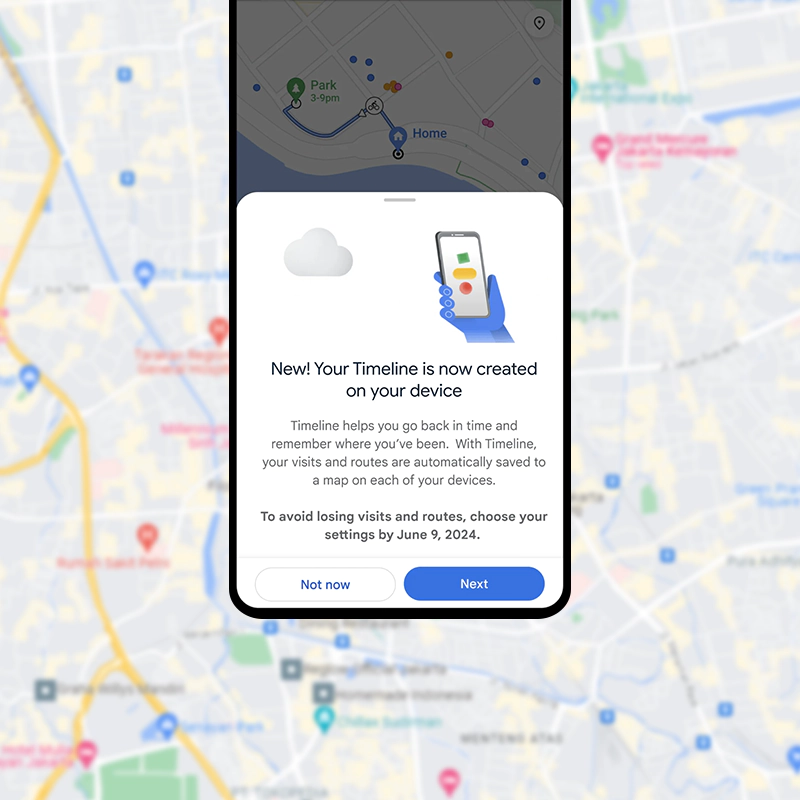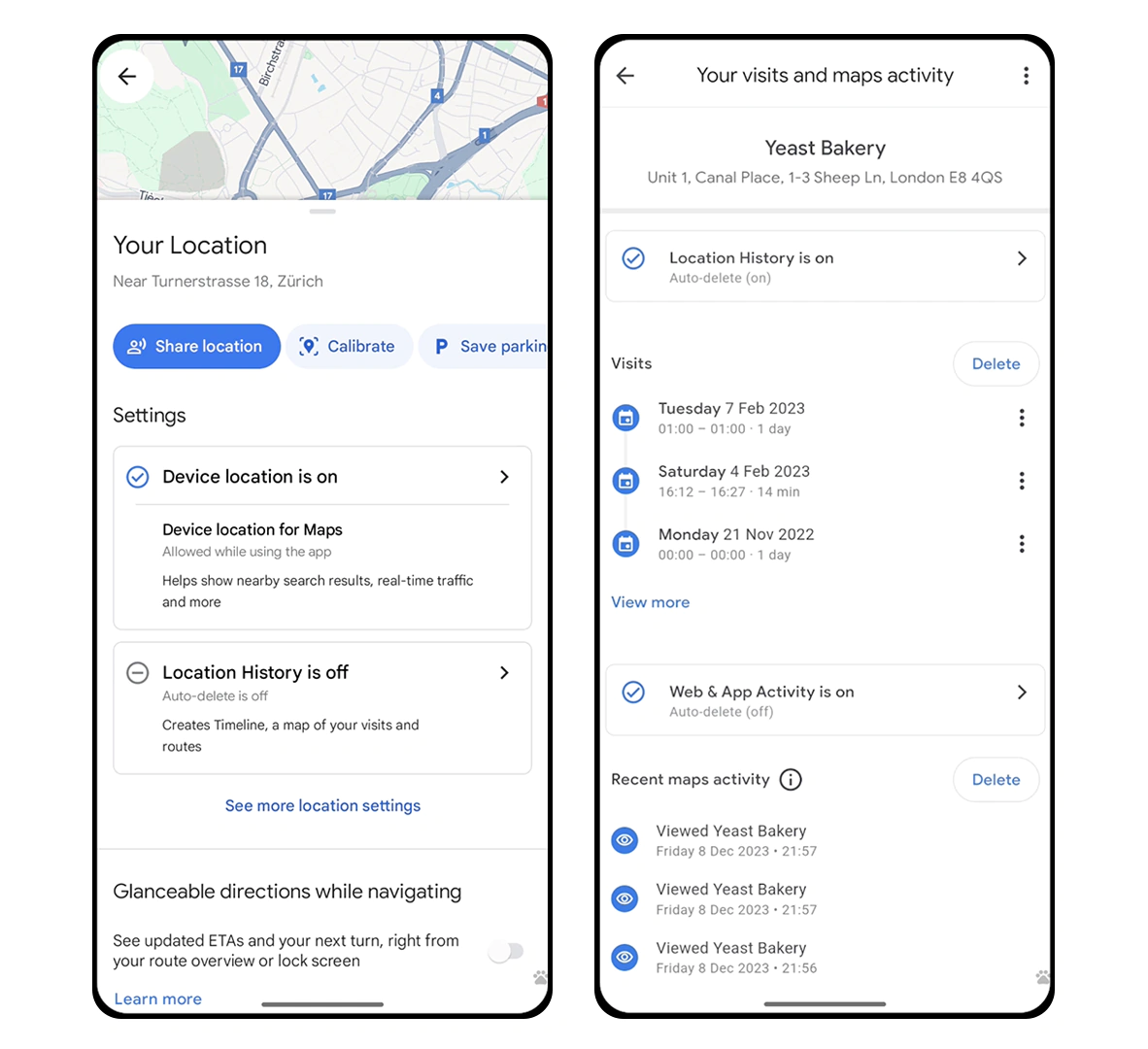
Google Maps is a mapping service that provides detailed and interactive maps, satellite imagery, street views, and route planning.
It's famous and popular because it has comprehensive mapping data, thorough navigation and directions, Street View feature, local business information, seamless integration with other Google services, constant updates, and accessibility.
It's the default mapping service on Android
The service is extremely easy to use, handy, and pretty much encompass everything someone would need when communiting.
But little to most people know that to all users who have their Google Accounts set up and their location turned on, Google can store an extensive list of users' whereabouts.
And this can be a huge privacy issue.
All of Google users' data are stored under their account, in a place that is secured and safe.
The thing is, it's stored in the clouds for low latency and easy access.
While this is an advantage, having data stored in the cloud means that first, Google has control of it, and second, there is always a chance that the data can be leaked due to users' poor user credential management.
And if ever this happens, users' data can be leaked, and this can translate to catastrophe.
Google is addressing this concern, by allowing users to store their Google Maps location history locally on their devices instead of in the cloud.
This big change should make it difficult for anyone to access the data.
And this includes the law enforcement.
The controversial “geofence warrants” allow law enforcement to gather tech companies’ data on mobile devices that have passed through a certain area during a specific time period.
The warrants can turn anyone at a crime scene into an alleged suspect.
Google has faced pressure for years to change the way it stores users’ location history. And with this update to its famous Google Maps, which is expected to roll out over in 2024, the tech giant is doing something about it.
By giving the controls over to the users themselves, now, users have a choice to protect themselves for unwanted potential data leak and espionage.

With location histories stored in users’ devices, Google can no longer have that aggregate data at hand to turn over to police.
"We’re always working on ways to give people more control over their data," Marlo McGriff, director of product at Google Maps.
The change in question applies to the Timeline feature in Google Maps, which is a feature that puts together all users' locations and where users have been previously.
Google said that the change is planned for a gradual release on both Android and iOS versions of the Google Maps app.
The company is also changing its auto-delete settings, which was previously set to 18 months by default. With this update, auto-delete will be set to three months by default.